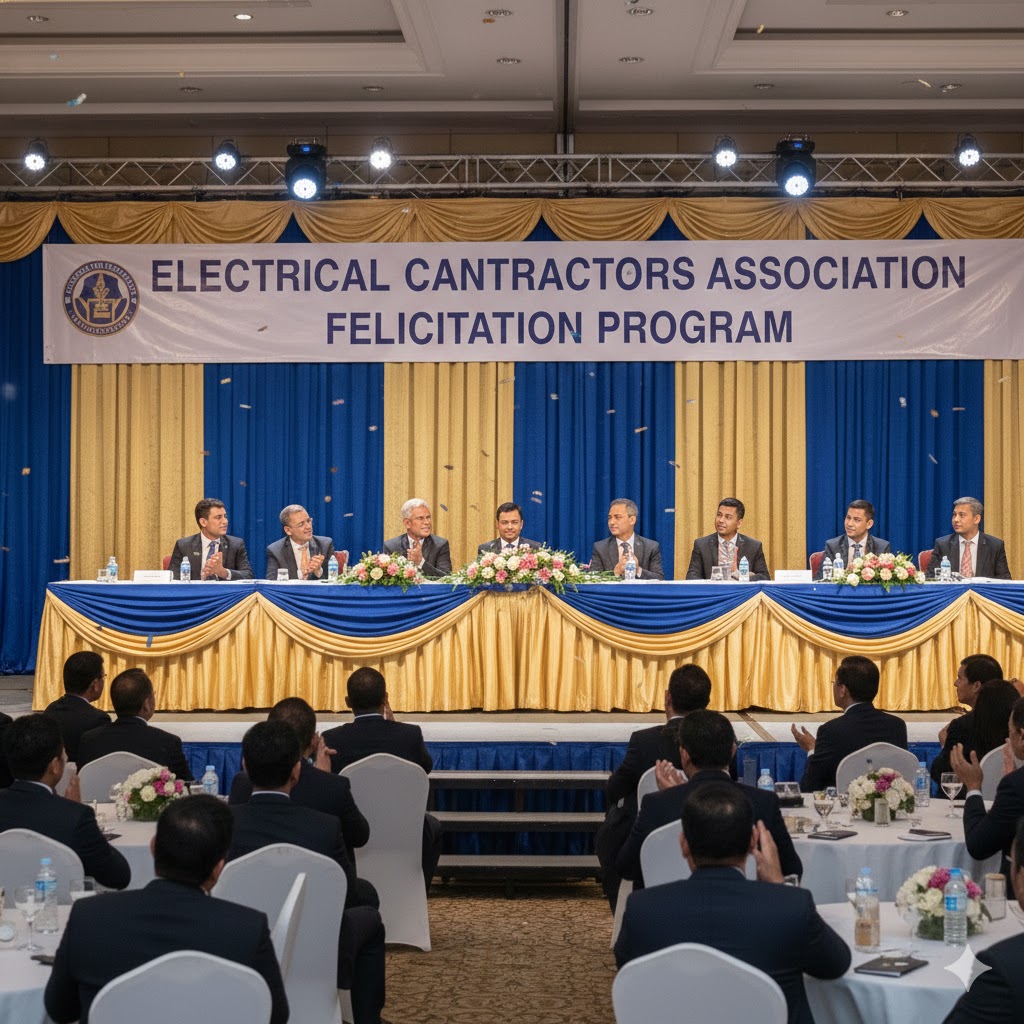Helicopter parenting

Quartz recently featured an interesting article on Helicopter Parenting recently that I’ve been mulling. Economists Matthias Doepke of Northwestern University and Fabrizio Zilibotti of Yale University point to economic inequality as the reason for helicopter parenting. Below are a few of the highlights –
The pair look at how inequality and parenting styles around the world have evolved over time. This allows them to unpack why parenting seems so different in some places—why, for example, the Danes let their kids play with axes, while Americans won’t even let kids walk to school until they are 11. Their most important finding? ”Across countries, the intensity of parenting lines up very closely with economic inequality,” said Doepke. Parents get more intense as a country gets more unequal over time, and grow more permissive if the country gets more equal.”
Contrary to popular stereotypes, those who succumb to the lure of helicopter parenting aren’t hysterical or illogical. Nor are Swedes, whose children have more freedom, better people; they simply live in more equal societies, which means parents can be more confident that their kids will have opportunities regardless of how much they push. It is easier to get into university in Sweden than it is in the US, for example. The differences between universities’ standings is not too big, and the consequences for not attending university are not as great as the US, where the gaps can be huge.
The consequences of the economists’ conclusions are worrisome. Even though helicopter parents may be acting rationally, the collective impact of the wealthy frantically working to ensure their kids stay ahead only exacerbates inequality, further entrenching segregation of opportunity for children.
“Parenting has become very unequal,” said Doepke. “It’s one of the big social problems we have because we have high inequality now, and if kids don’t get the same starting conditions, it’s just going to get worse and worse in the future.”
Wisely, their prescription is not to fix the helicopter parents, but the institutions that are perpetuating inequality. They recommend that governments offer high-quality affordable or free child care to give less advantaged children better chances, and instate apprenticeships and vocational training programs that will give kids who don’t go to to college more professional opportunities. They also encourage governments to consider that parents and students respond to the organization of school systems, including high-stakes tests. If there is a high-stakes test, parents will help kids to prepare and kids will inevitably end up more stressed out because of this.
This was a fascinating piece. There are lots of interesting takeaways – I’ll share my top two. First, it is further illustration of the idea that the economics of a place shapes its culture (The Japanese, before the nation went through their economic boom, were described as lazy by an Australian consultant) .
And, second, the less the social mobility, the more the effect of privilege in a person’s success. After family and country of birth, education is arguably the largest bestower of privilege. As a result, helicopter parenting to ensure kids get into the best educational institutions possible is a perfectly logical outcome.




.jpg)





